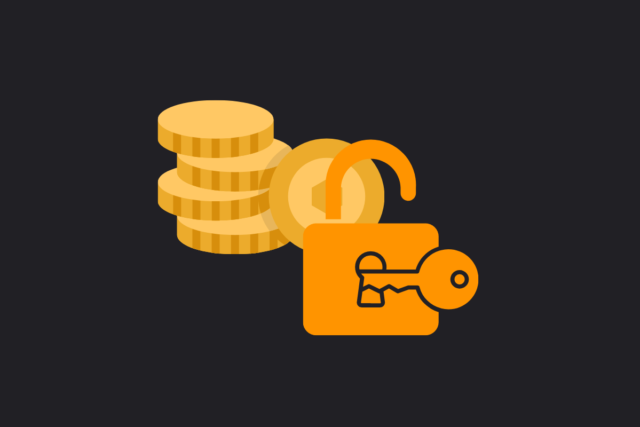In an attempt to extend the efforts to inspect the olive oil market in Brazil, the Ministry of Agriculture, Livestock and Supply is starting to bring together people who can identify whether the product is genuine, virgin or extra virgin.
The initiative comes shortly after about 150,000 bottles of olive oil from 24 brands were removed from shelves in six Brazilian states due to product irregularities in December last year.
According to the folder, the operation, called Sensory Analysis Panelis part of a series of efforts started in 2017 to increase enforcement and improve the quality of olive oil that reaches the consumer.
To CNN, the Ministry explains that the group will be made up of at least 12 volunteers, who do not need to have previous experience in the area to participate in the initiative. The minimum requirement to participate is to be literate (and, of course, have a keen sense of taste and smell).
These panelists – who, in practice, will be a kind of “oil sommeliers” – will undergo weekly training, led by a member of the International Olive Council (IOC). They will be taught to detect the characteristic aromas and flavors of a good quality olive oil, and train their senses to identify when the product is being sold with the proper label.
Glauco Bertoldo, Director of the Department of Inspection of Products of Plant Origin, explains that, over the years, new types of fraud were emerging and being improved as inspections progressed.
In the beginning, a chemical analysis was enough to certify the quality (or lack thereof) of a product imported into the country, explains Bertoldo, since the irregularities basically corresponded to a mixture of soybean oil and dye.
Today, the situation is a little more complicated. “We have reached a point where we need to act on so-called virgin or extra virgin olive oil, and we have doubts whether these are low-quality products that producing countries are putting on the Brazilian market,” says Glauco.
“The role of the sensory panel is precisely to give us the ability to inspect these products more closely.”
These chemical tests measure the acidity and oxidation levels of the oil. The more acid it is oxidized, the less quality the oil has. Oxidation occurs as oil ages, or is stored incorrectly. The director explains that, in this aspect, olive oil and wine are opposed: the younger an oil, the better.
Training
Although the training is online, the panel follows strict rules: panelists must meet in person to receive samples of the oil heated to 28 degrees Celsius – a temperature that helps the evaluators most to capture the sensory attributes.
For an olive oil to receive a verdict, all participants analyze the smell and taste of the products to determine whether or not the product will be approved, and the classification is based on the median of the scores.
If there is a very significant deviation, the sample needs to be re-evaluated at another time.
Despite not yet having a definite implementation date, Bertoldo believes that the Sensory Analysis Panel will come into effect before Easter, and will be a perennial initiative of the Ministry. He also states that he intends to start the panels in the states of Rio de Janeiro and São Paulo.
* Under supervision of Ligia Tuon
Source: CNN Brasil
I am Sophia william, author of World Stock Market. I have a degree in journalism from the University of Missouri and I have worked as a reporter for several news websites. I have a passion for writing and informing people about the latest news and events happening in the world. I strive to be accurate and unbiased in my reporting, and I hope to provide readers with valuable information that they can use to make informed decisions.







